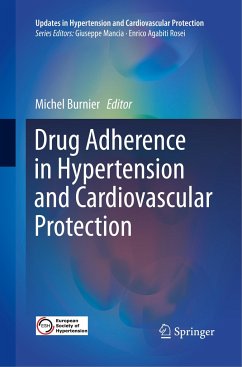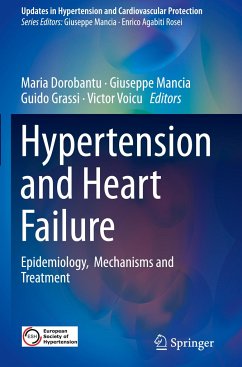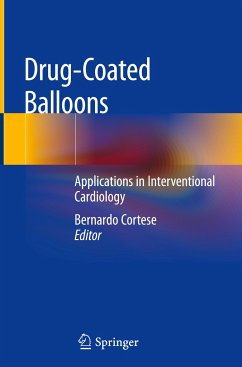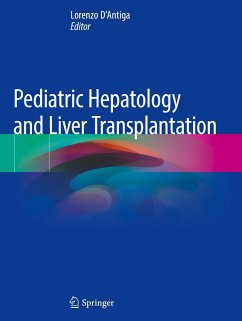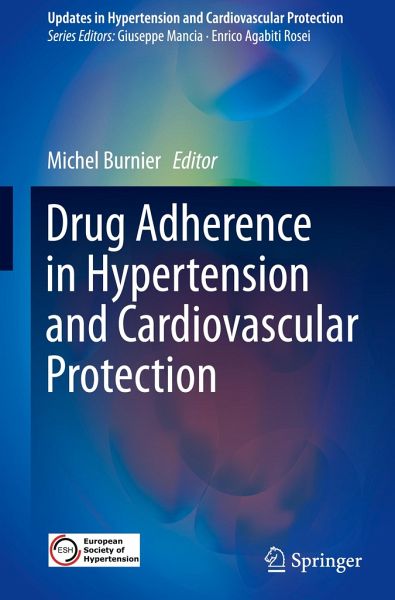
Drug Adherence in Hypertension and Cardiovascular Protection

PAYBACK Punkte
46 °P sammeln!
This book provides a critical and comprehensive review of the methodologies available for measuring drug adherence in clinical practice, including those relying on emerging technologies. The authors discuss the risk factors of non-adherence and shed light on how to identify patients at risk of poor adherence. Drug therapies in chronic diseases rely heavily on the patient's adherence, since drugs that are not taken are ineffective and leave the patient at high risk of developing clinical complications. Given the absence of new drugs for the treatment of hypertension, drug adherence is particula...
This book provides a critical and comprehensive review of the methodologies available for measuring drug adherence in clinical practice, including those relying on emerging technologies. The authors discuss the risk factors of non-adherence and shed light on how to identify patients at risk of poor adherence. Drug therapies in chronic diseases rely heavily on the patient's adherence, since drugs that are not taken are ineffective and leave the patient at high risk of developing clinical complications. Given the absence of new drugs for the treatment of hypertension, drug adherence is particularly important in these patients to improve blood pressure control. The book further investigates a new aspect, namely the importance of drug adherence in clinical trials and studies and draws attention to the limits of developing drugs without significant information on drug adherence. Several chapters are dedicated to the importance of adherence in specific forms of hypertension, such as resistant hypertension, dyslipidemia and hypertension associated with cardiovascular risk. As experts confronted with drug adherence in their daily practice, the authors analyse the real effectiveness of several interventions aimed at improving drug adherence and put particular emphasis on the importance of an interdisciplinary approach involving nurses and pharmacists. The volume also includes a careful analysis of the health and economic impact of poor adherence. The book is aimed at physicians, pharmacists, students and all health professionals dealing not only with hypertension or dyslipidemia, but also with chronic asymptomatic diseases such as diabetes, HIV or chronic respiratory diseases.



